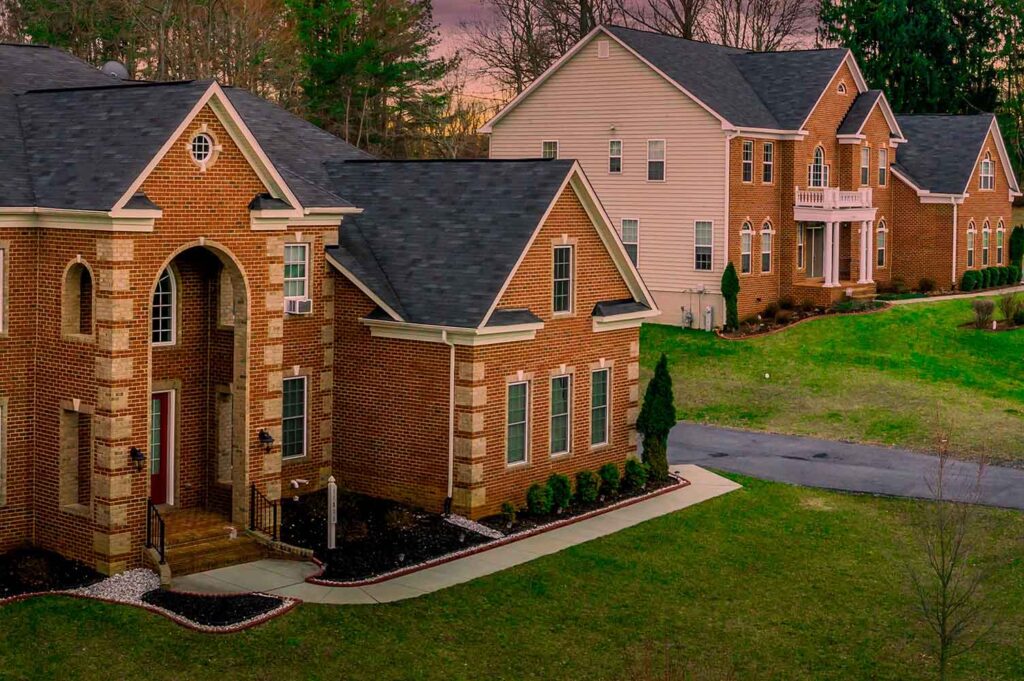
When it comes to real estate, value isn’t just a number—it’s the outcome of smart choices, strategic upgrades, and market dynamics. Whether you’re a homeowner looking to sell, a landlord seeking better rental returns, or an investor eyeing capital appreciation, understanding what truly increases property value (and what doesn’t) is key to making profitable decisions.
In this blog post, we’ll break down the factors that can boost your property’s worth, debunk common misconceptions, and give you actionable tips to add value the right way.
What Does “Property Value” Mean?
Property value refers to the amount a home or piece of real estate is worth on the market. This value is influenced by a mix of factors—some within your control (like renovations), and others out of your hands (like location and market trends).
Understanding how these elements interact can help you make smarter decisions when buying, upgrading, or selling property.
What Increases Property Value
1. Location, Location, Location
This age-old real estate mantra still rings true. A home in a desirable neighborhood with good schools, low crime rates, access to public transport, and nearby amenities will always command a higher value.
🔑 Pro Tip: Buying in an “up-and-coming” area can yield major returns as the neighborhood develops.
2. Curb Appeal & Landscaping
First impressions matter. Well-maintained landscaping, a freshly painted exterior, clean walkways, and attractive lighting can significantly boost perceived value.
Simple upgrades like a new front door or modern house numbers can add instant curb appeal.
3. Kitchen and Bathroom Upgrades
Kitchens and bathrooms sell homes. Modern countertops, updated fixtures, quality cabinetry, and energy-efficient appliances can offer one of the best returns on investment (ROI).
Focus on neutral finishes and functional layouts that appeal to a broad range of buyers.
4. Energy Efficiency
With rising energy costs and growing eco-consciousness, features like solar panels, energy-efficient windows, smart thermostats, and LED lighting can boost both appeal and resale value.
Bonus: These upgrades may also qualify for government rebates or tax incentives.
5. Additional Living Space
More usable space means more value. Converting attics, finishing basements, or adding a guest suite or home office can increase square footage and utility.
Even adding a deck or outdoor entertaining area can make a big difference.
6. Smart Home Features
Smart technology is no longer a luxury—it’s an expectation for many buyers. Automated lighting, security systems, smart locks, and app-controlled thermostats are attractive selling points.
Just ensure these features are user-friendly and well-integrated.
7. Regular Maintenance & Repairs
Keeping the property in excellent condition prevents value loss. This includes maintaining the roof, plumbing, HVAC systems, foundation, and electrical wiring.
Small issues left unchecked can snowball into major expenses—and turn off potential buyers.
What Doesn’t Really Increase Property Value
1. Overpersonalized Renovations
That neon green kitchen or floor-to-ceiling aquarium might suit your style, but overly specific customizations can actually reduce appeal. Buyers want to envision themselves in the space.
Stick to timeless, neutral finishes and design elements that allow for flexibility.
2. Overbuilding for the Neighborhood
Installing luxury features (like a wine cellar or home theater) in a modest neighborhood can result in diminishing returns. If your home becomes the most expensive on the block, it might not attract the ROI you expect.
Compare local property prices before investing in high-end upgrades.
3. Temporary Decor Trends
Wallpaper, bold paint colors, or eccentric lighting fixtures may look trendy now, but trends fade quickly. What’s hot today could be outdated tomorrow.
Choose classic elements and stage with trendy décor that’s easy to swap out.
4. Poor Quality DIY Work
DIY improvements can save money, but poorly executed repairs or renovations can lower your property’s value. Crooked tiles, uneven flooring, or faulty electrical work are red flags.
Hire licensed professionals for structural or technical jobs.
5. Swimming Pools (In Some Areas)
While pools can add value in warm climates, in colder or urban areas, they may be seen as a maintenance burden or even a safety concern for families with young children.
Always research your market before investing in luxury features.
Final Thoughts: Focus on What Matters
Increasing property value isn’t about chasing trends or spending excessively—it’s about strategic upgrades, routine maintenance, and understanding what buyers truly want.
Here’s a quick recap:
| Adds Value | Doesn’t Add Much (or Can Hurt) |
|---|---|
| Location improvements | Over-customization |
| Curb appeal & landscaping | Out-of-place luxury upgrades |
| Kitchen & bathroom renovations | Trendy but fleeting décor |
| Energy-efficient features | Poorly done DIY work |
| Extra usable space | Pools (depending on location) |
| Smart home tech | Overpricing in the wrong market |
By focusing on practical, high-impact improvements and avoiding unnecessary frills, you can enhance your property’s value, attract better offers, and maximize your return on investment.
Want more tips on real estate investment, home improvement, or selling strategies? Subscribe to our blog or contact our experts for personalized advice!
